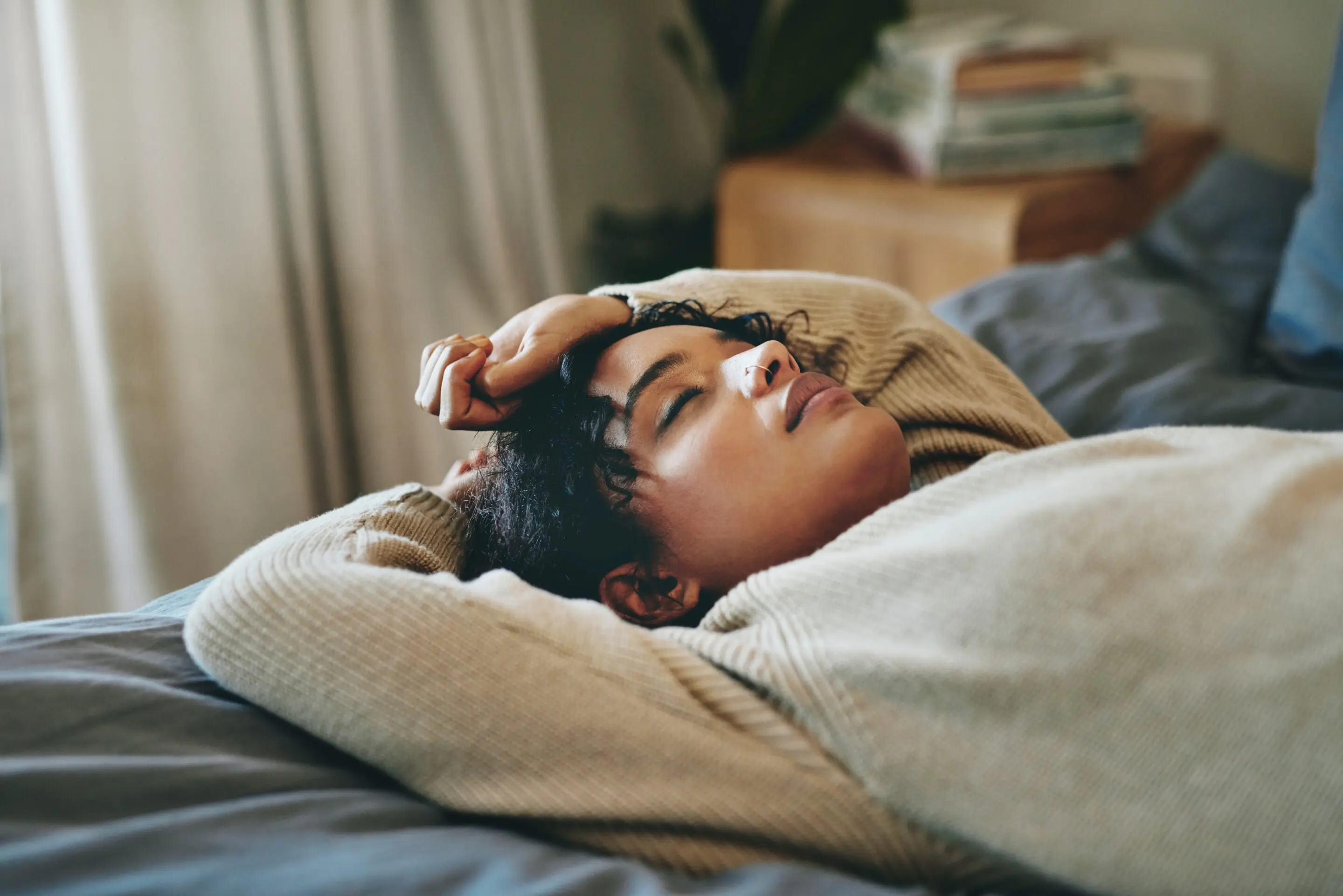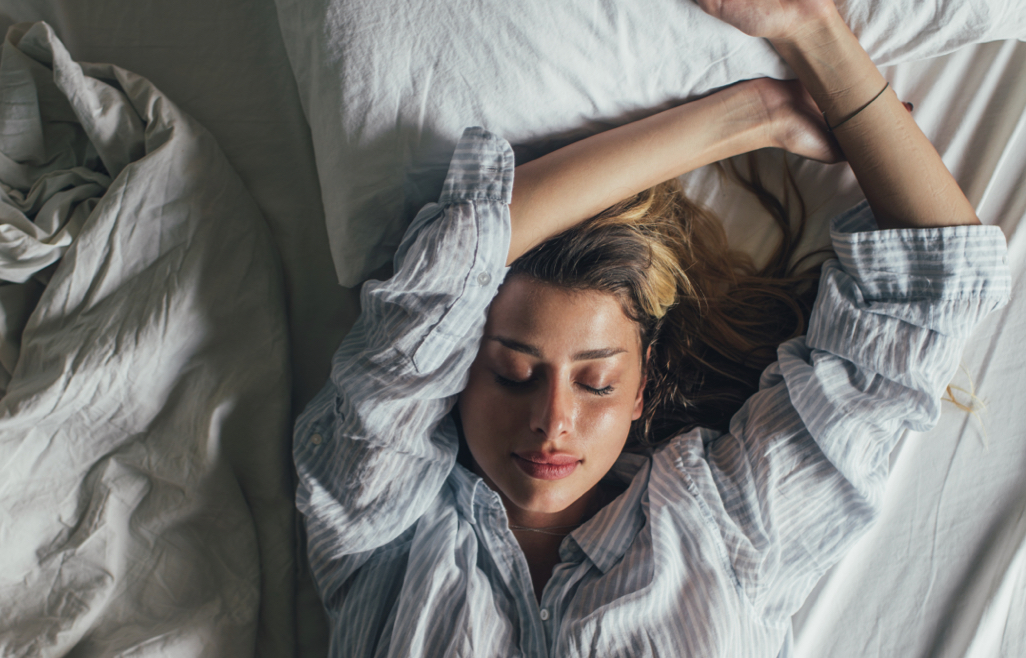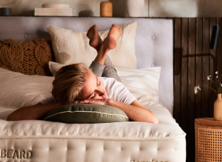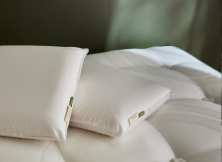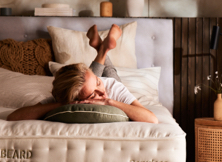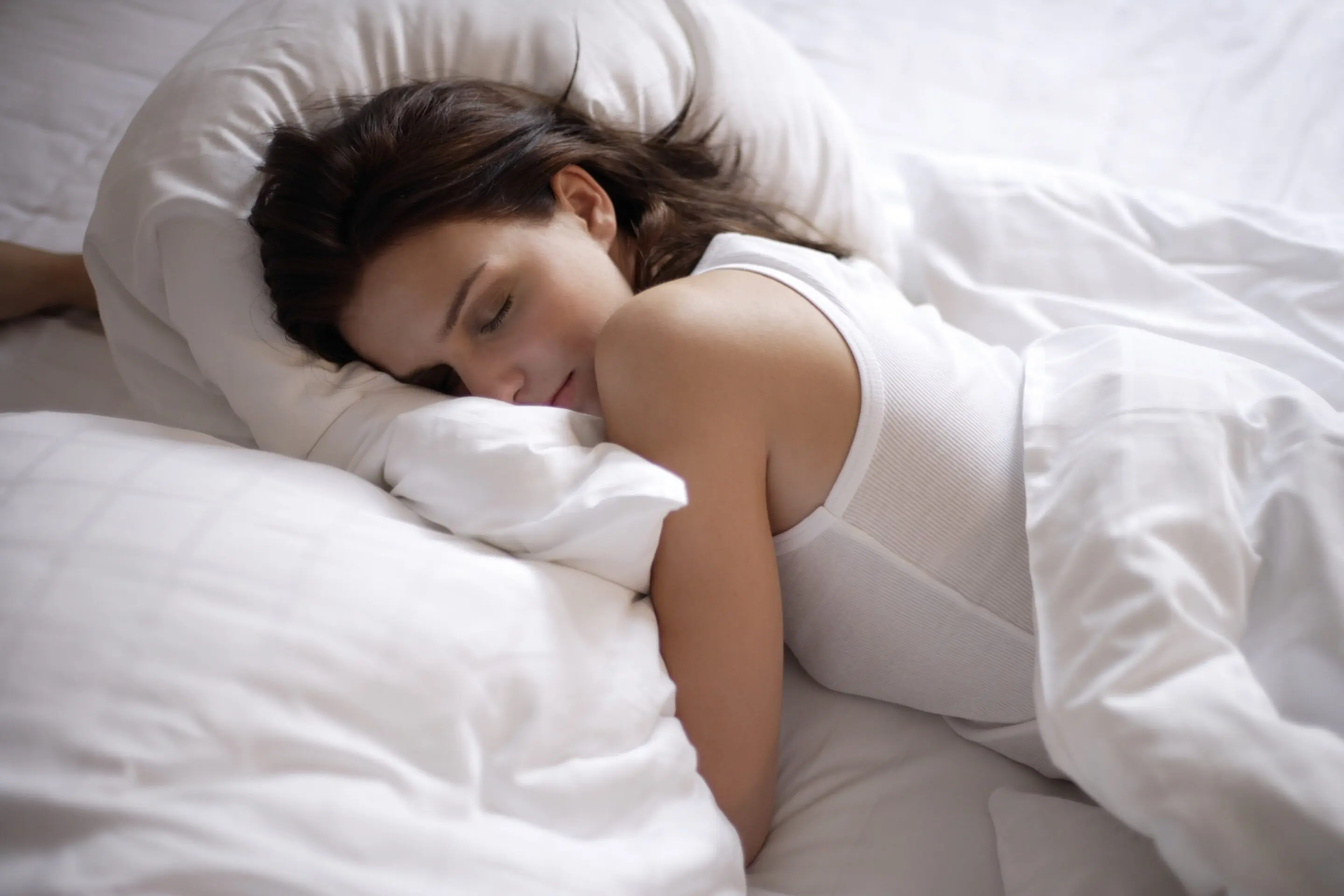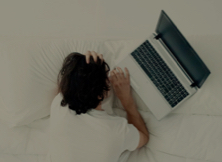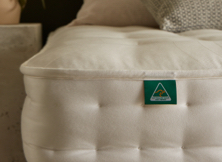Sleep. We all need it. No matter how compatible you may be with your partner on all matters, when it comes to bed time men and women are biologically designed to need different amounts of sleep. Studies by Duke University in Duhram North Carolina have concluded that women need approximately 20 minutes more sleep than men.
Here’s why:
Women use more brain power
This has been attributed to women expending more energy on mentally stimulating tasks, and multitasking, than men. Sleep is the time when the brain regenerates. When you increase brain function throughout the day, you need a bit more time to recharge at night.
Women experience more sleep disruptors
Women are more prone to sleep problems, like insomnia and excessive sleepiness. According to the National Sleep Foundation approximately 15% of women report some kind of sleep issue versus only 8% of men. Another poll they did revealed that a higher rate of women compared to men (63% women, 54% men) experience insomnia at least a few times a week.
Women have more hormonal changes
Hormones play a huge part in women-specific sleep disruptors. Some women experience problems sleeping during certain phases of their menstrual cycle due to pain or changes in body temperature.
Our resident sleep expert Dr Carmel Harrington puts it simply:
“As we get closer to the end of our cycle, a lot of us suffer from PMT (premenstrual tension), feeling irritable, grumpy or emotional,” she says. “And those are also the hallmarks of sleep deprivation.”
Pregnancy is another huge sleep disruptor. Weight gain, nausea and reflux make sleeping peacefully a fond memory, especially towards the end of the pregnancy.
The onset of Menopause brings with it a slew of disruptive changes. During menopause a woman’s ovaries will slow down the production of the sleep-friendly hormone progesterone. Dropping estrogen levels can lead to hot flashes and night sweats resulting in sleepless nights.
Although it seems that the odds are stacked against women being well rested, being mindful of your sleep deficiency and actively working to improve it can turn things around. A few ways to help your body get the sleep you need:
- Keeping your bedroom at a cool 18 to 22 degrees
- Using light, moisture wicking bed clothes and linen
- Banish technology from your sleep space, the blue light emitted inhibits the production of melatonin, the hormone that lets your body know it’s time to sleep!
- Abstaining from caffeine after 2pm
- Keep a consistent sleep and wake time, your body will learn to expect sleep at a certain time and will begin getting your body ready without any prompting from you
